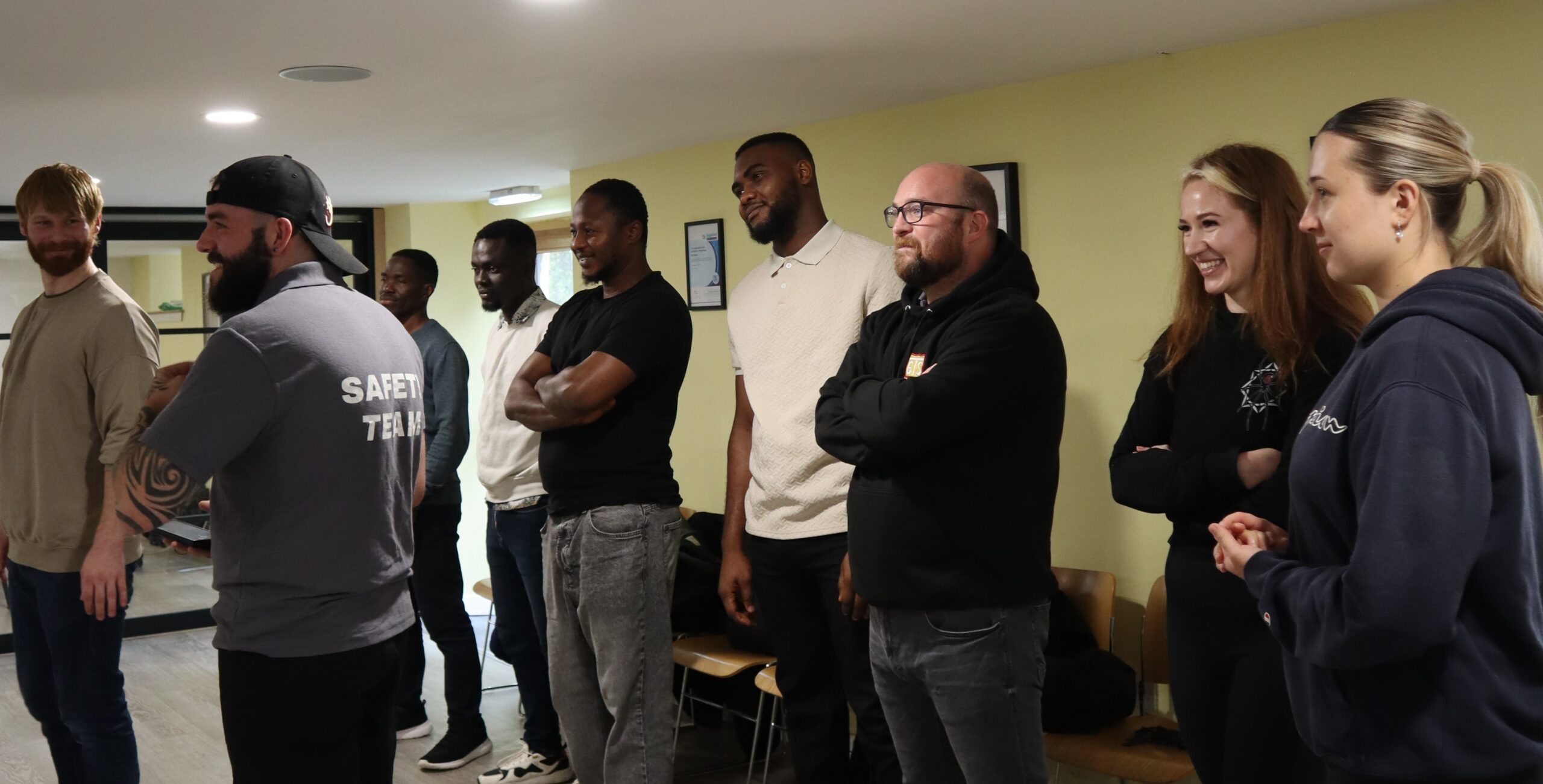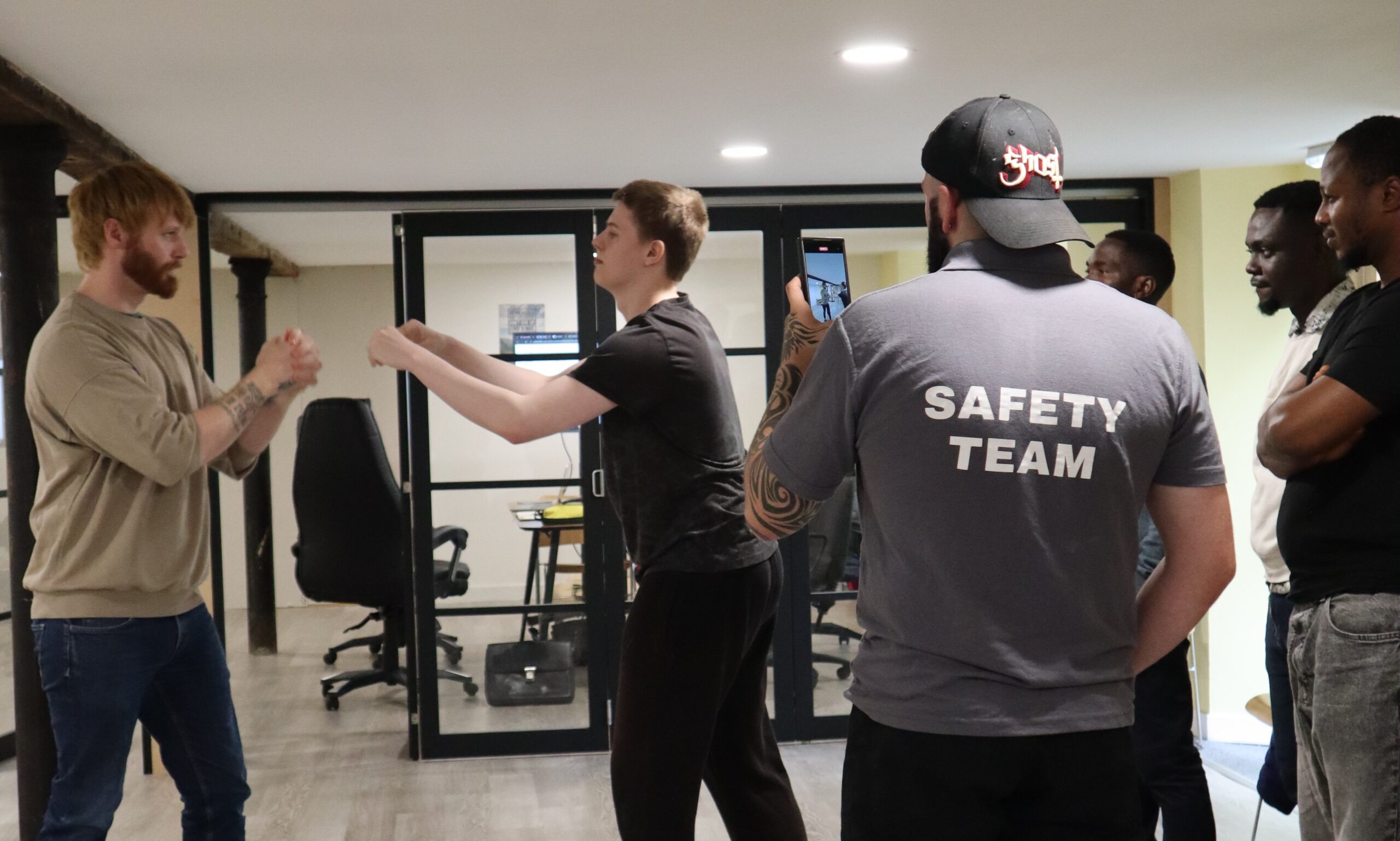Starting a career in private security can open up steady job options for people who like working with others, staying alert, and solving problems on the go. Whether you’re fresh out of school or looking to switch paths, there’s real demand for reliable professionals in this field. From guarding buildings to managing safety at events, the roles vary but all require focus and responsibility. This guide breaks down what you need to know, training, licences, and what daily life on the job looks like—so you can decide if it’s the right move for you and how to get started.
Understand the Industry Landscape
Starting a career in private security means knowing how the field works. Before applying for roles or taking courses, it helps to learn about what people actually do in this line of business. The sector covers many areas, from guarding buildings and patrolling sites to working as a bodyguard or monitoring CCTV systems. Some roles involve staying visible on-site, while others focus more on watching screens or managing access points.
Security jobs can be found in shops, offices, events, airports and even online platforms. Each setting has its own set of tasks and expectations. For example, someone working at a shopping centre may deal with lost property or help with crowd control. On the other hand, someone placed at an office block might check IDs and keep watch over entry points.
Larger companies often have layers of staff such as team leaders and shift managers. These positions come with extra duties like writing reports or training new workers. Knowing these options early can help you decide where you want to go over time.
It’s also worth keeping up with recent changes in the sector. More places now use digital tools like key card systems and remote alarms. This means some employers look for people who feel comfortable using basic tech equipment alongside traditional skills like observation and response.
Learning about common rules is just as important as learning job titles. Most roles require an SIA licence if you’re based in the UK. This involves taking approved training before applying for certain positions.
Understanding all this helps you figure out where your strengths match up best within the field. You might enjoy being part of a team that moves around different locations each week – or prefer staying at one site long-term with regular hours.
By getting clear on how things operate across different areas of private security, you’ll be better prepared to make choices that suit both your interests and goals down the line.

Get the Right Qualifications and Licences for your Career in Private Security
Starting your journey in private security means following clear rules. In the UK, one of the first steps is getting an SIA licence. This licence proves you’re allowed to do certain roles like door supervision or CCTV monitoring. Without it, you can’t legally take on many jobs in this field.
To apply for an SIA licence, you need to complete approved training. These courses cover topics such as conflict management, safety procedures and legal responsibilities. Once you’ve passed the course, you can send your application online through the official SIA website. You’ll also need to go through criminal record checks and show proof of identity.
Some roles may ask for extra certificates depending on what you’ll be doing day-to-day. For example, if you’re working with cameras or guarding property at night, there might be different requirements. It’s best to check what’s needed before applying for any position.
Having valid paperwork helps more than just meeting rules – it shows employers that you’re ready and serious about your job choice. It can also help you stand out when going for interviews or contracts since companies often prefer people who come prepared with everything done.
Getting qualified doesn’t take years either, most courses only last a few days to a week depending on the type of role you’re aiming for. Costs vary but think of it as an investment rather than a fee; it opens doors that would otherwise stay closed.
Once licensed, keep track of renewal dates so your documents stay current. Many licences last three years but letting them expire could lead to delays finding new opportunities or even losing current ones if inspections happen suddenly.
Staying updated with changes in rules matters too because laws around security sometimes shift over time due to safety needs or policy updates by authorities like the Security Industry Authority itself.
Build a Strong Network
Getting to know others in the same field can make a big difference. One of the most useful steps you can take is connecting with people who already have experience. You don’t need to wait until you land your first job. Start early by joining online groups, attending trade talks, or following key professionals on platforms like LinkedIn.
Try going to local security expos or workshops. These events bring together employers, trainers, and experienced workers. You might meet someone who shares job leads or gives honest advice about what works and what doesn’t in this line of service. If you’re not sure how to start conversations at these places, keep it simple, ask questions about their role or how they got started.
Social media can also help you stay updated on trends and changes in the field. Join Facebook groups focused on private security jobs or follow hashtags related to safety services on Twitter and Instagram. These spaces often share training tips, news updates, and even vacancies you won’t find elsewhere.
Online forums like Reddit or specialised boards also offer space for open chats about tools, shifts, licensing rules and more. Reading real experiences from those already working in the industry helps paint a clearer picture of daily tasks and long-term goals.
By building contacts over time, you gain access to knowledge that books can’t always provide. A strong network may lead directly to interviews or give support when facing challenges during your career in private security journey.
Reaching out doesn’t mean asking for favours right away, it means showing interest in learning from others who’ve done it before you. This makes future conversations easier when opportunities come up later down the road.

Stay Updated with Technology and Training
Things change fast in the security world. New tools, software, and systems show up often. If you want to build a strong career in private security, you need to stay on top of these changes. Employers look for people who know how to handle recent technology and follow current methods.
Training does not end after getting your licence or first job. You should keep learning through courses, workshops, or even short online lessons. These can help you understand new rules, safety steps, and gear used on the job. Many places offer part-time classes that fit around shift hours. Some companies also give training as part of their role setup.
Security jobs now involve more than just watching doors or checking passes. You might need to use CCTV software, access control systems, or mobile apps for reporting incidents. Knowing how these tools function helps you respond faster and do your tasks better.
Tech is not the only thing changing, threats change too. For example, knowing how to spot online scams or deal with data theft has become important in some roles. That means learning about digital safety is useful even if you’re mostly working on-site.
Talking with others in the field can also help you learn what’s new out there. Join groups where people share updates about tools they use or talk about recent trends in training. Staying informed doesn’t mean spending loads of money either, many free resources exist online from trusted sources like industry bodies or professional forums.
Being open to learning keeps your skills sharp and shows employers that you’re ready for different types of roles as they come up over time.
Your Path to a Thriving Security Career Starts Here
If you’re serious about launching a successful career in private security, it’s all about laying the right foundations. Understanding the industry, securing the proper qualifications and licences, and building strong professional connections can set you apart. Staying on top of new technologies and ongoing training will keep your skills sharp and relevant in a fast-evolving field. With the right approach and mindset, you’ll be well-equipped to navigate this dynamic industry and find long-term success. Whether you’re just starting out or making a career shift, there’s never been a better time to get involved.



